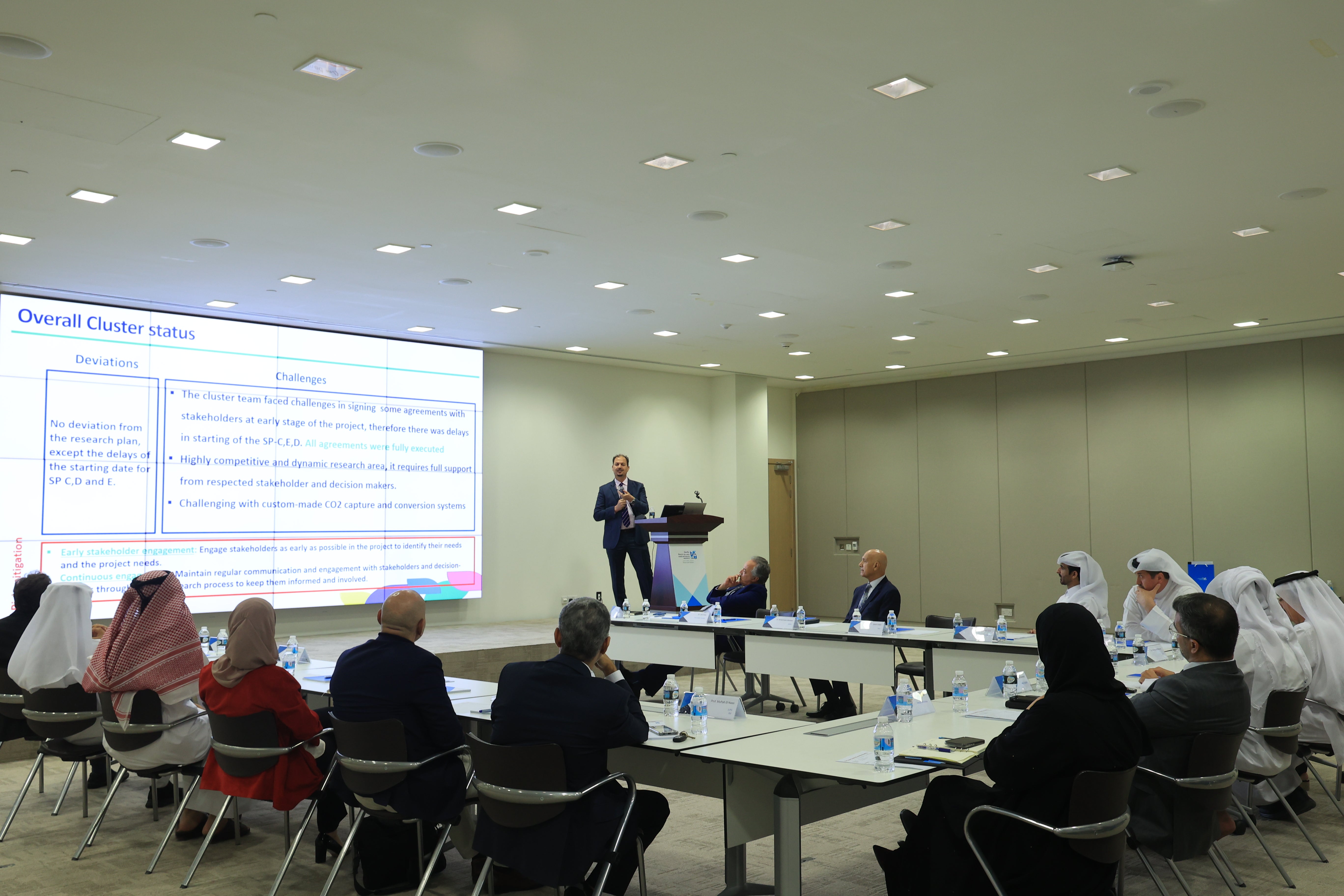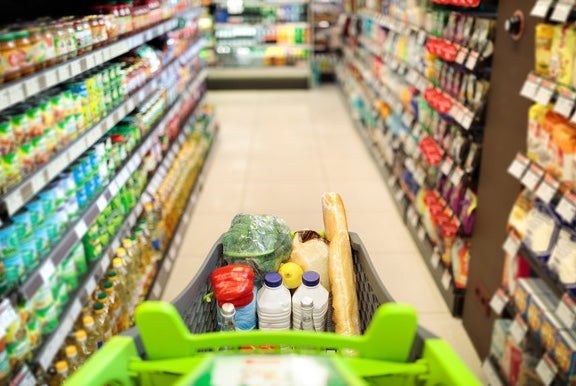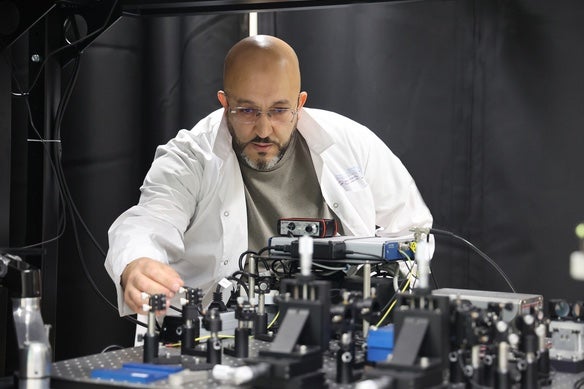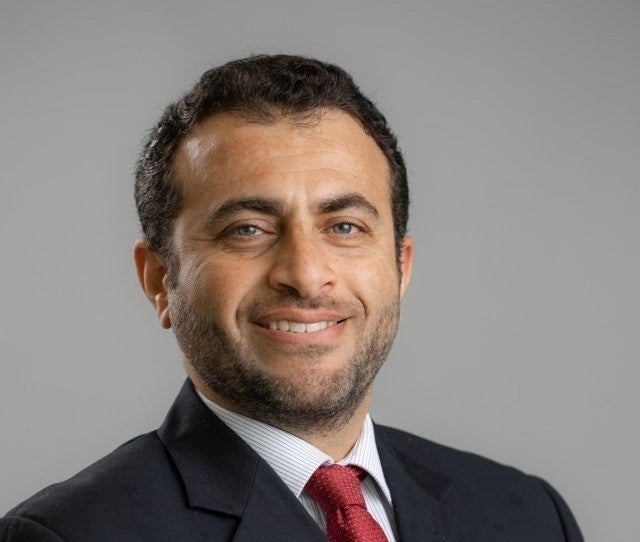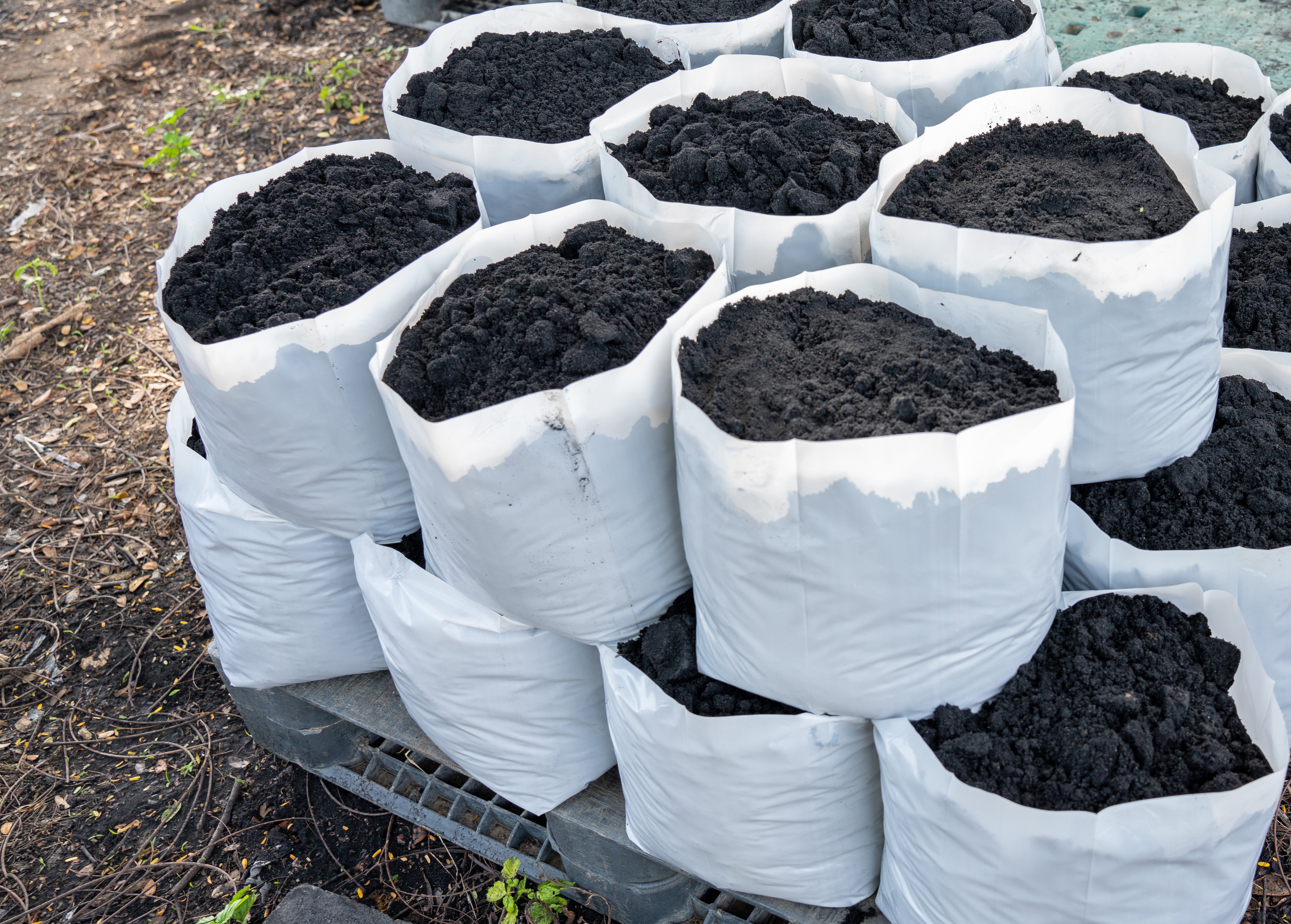By Dr. Kashif Rasool
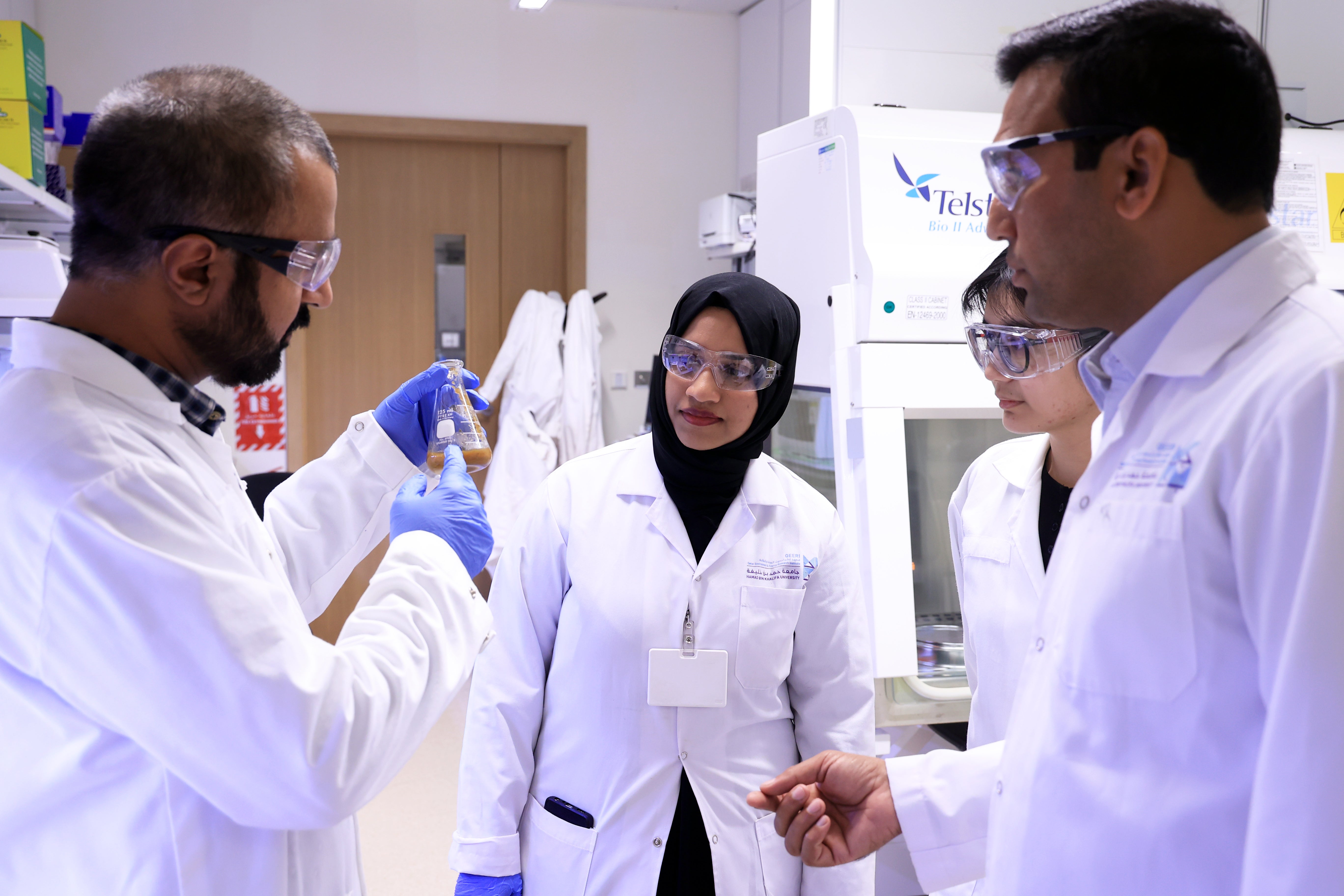
In a world where the need for sustainable solutions is greater than ever, researchers from Qatar have taken up the challenge to address two pressing global issues simultaneously: food security and waste reduction. As part of its contribution to a more sustainable and resource-efficient future Hamad Bin Khalifa University’s (HBKU) Qatar Environment and Energy Research Institute (QEERI) has partnered with Qatar University and Al Sulaiteen Agricultural Research, Studies and Training Centre (SARSTC) to explore different pathways for transforming food waste into animal feed.
This innovative project leverages cutting-edge technology and circular economy principles to revolutionize the way societies view waste and protein production. Protein-rich feed is a fundamental requirement for sustainable livestock production. The worldwide animal feed protein market is worth approximately about $290 billion in 2022 and rising at about 3.5% per year. Reports also show that Qatar’s animal food market exceeded $37.4 million in 2021. Animal feed is a critical component of the livestock industry, but traditional protein sources such as soybean meal and fishmeal are expensive and environmentally unsustainable. In Qatar, where the livestock industry is growing rapidly, there is a need for a more sustainable and cost-effective protein source for animal feed.
An equally eye-watering statistic suggests that approximately one-third of global food produce is lost or spoiled before it reaches consumers. Studies also indicate that the amount of food discarded by affluent nations is equivalent to the total food production of sub-Saharan Africa. Scientists at QEERI, QU and SARSTC are addressing these challenges by exploring the use of agricultural waste to produce animal feed. This innovative project is jointly funded by Qatar’s Ministry of Municipality and Qatar National Research Fund (QNRF) and aims to revolutionize waste management practices by converting organic waste into high-quality protein feed for livestock.
The project is particularly focused on the use of biogas as a substrate for microbial fermentation to produce animal feed. Conversion of bio methane to microbial protein has the potential to modernize the animal feed industry and contribute to the reduction of greenhouse gas emissions. By using methane as a feedstock for microbial protein production, this approach addresses the problem of emissions from agriculture and provides a sustainable and cost-effective protein source for animals.
“Use of waste products to produce high-quality protein addresses the issue of food waste, reduces the environmental impact of the livestock industry, and provides a cost-effective and high-quality protein source for animals. This innovative approach has the potential to revolutionize the animal feed industry in Qatar and beyond, by providing a sustainable and cost-effective alternative to traditional protein sources,” says Dr. Kashif Rasool, a sustainability and environmental scientist at QEERI and lead principal investigator of the project. “To support this, our team is focused on developing state-of-the-art technology that maximizes the efficiency of waste conversion and protein production, ensuring the highest quality and safety standards.”
QEERI is driving the transformation of waste into valuable protein using a circular economy approach by reintroducing food scraps and other waste materials into the production cycle, creating a more sustainable and efficient system. QEERI’s goal is to eliminate waste and pollution, circulate products and materials at their highest value, and regenerate nature. “By harnessing the potential of waste and adopting sustainable practices, we can create a thriving circular economy that benefits society and the environment within the limits of our planet,” added Dr. Khaled Mahmoud Director of QEERI’s Environmental Chemistry and Microbiology Program (ECMP) and project member.
Dr. Masoud Al-Marri, Director of the Food Security Department at the Ministry of Municipality, also commented: “Animal fodder such as alfalfa and rhodes grass is grown locally in Qatar using about 60% of the total groundwater extracted on an annual basis, thereby continuously depleting the country’s only strategic water reserve. The Qatar Environment Strategy and, soon to be updated National Food Security Strategy, both stipulate a 70% reduction in groundwater use by 2030 and will seek to phase out all aquifer based fodder production towards the use of recycled water.”
As things stand, there is not enough recycled water to meet Qatar’s animal feed requirements, making livestock and dairy producers dependent on scarce and expensive imports of animal feeds. Localized production of high quality affordable animal protein using agriculture and food waste is a very promising alternative. It does not deplete national water reserves, eliminates methane emissions of food and agriculture waste going to landfills, and protects local producers against fluctuating imports and price increases. ”The Food Security Department strongly supports this initiative and will also make sure the developed product is of equal or better value to the health of Qatar’s livestock population,” added Dr. Masoud.
Dr. Fares Almomani, Professor Chemical Engineering, Qatar University, and project member further elaborated that in addition to waste-to-protein conversion, the project focuses on establishing resource efficiency and a circular economy by significantly reducing the environmental impact associated with traditional protein production methods and enhancing global sustainability by utilizing natural resources. Microbial protein is a high-quality protein source that is easily digestible and contains all the essential amino acids that animals need. By providing animals with a high-quality protein source, their health and welfare can be improved, leading to better productivity and profitability for farmers.
While the project is still in its early stages, initial results have nevertheless been promising. Researchers have been able to produce high-quality protein from a variety of agricultural waste products, including fruit and vegetables. They are also exploring the use of different microorganisms to produce protein. Microorganisms have different nutritional profiles, so by using a variety, researchers hope to produce a protein source that is nutritionally complete and suitable for animals. The use of food waste in animal nutrition therefore has the potential to improve food security, reduce environmental impact, and decrease Qatar's reliance on imported protein sources.
Looking ahead, the project will actively involve local communities, businesses, and stakeholders in its development and implementation phases, fostering a sense of national ownership and promoting sustainability awareness. Successful implementation of this project will not only provide ‘local’ solutions, but also act as a model that can be replicated globally. This initiative aims to inspire other organizations and governments to adopt similar circular economy approaches to tackle pressing issues like food security and waste management. Further research is in progress to optimize processes and scale up production of microbial protein, making this one of Qatar’s most exciting projects in the process.
Dr. Kashif Rasool is a Sustainability and Environmental Scientist at Hamad Bin Khalifa University’s Qatar Environment and Energy Research Institute.
This piece has been submitted by HBKU’s Communications Directorate on behalf of its author. The thoughts and views expressed are the author’s own and do not necessarily reflect an official University stance.






